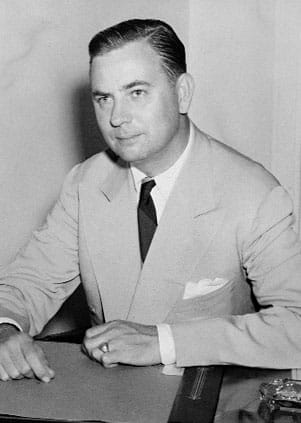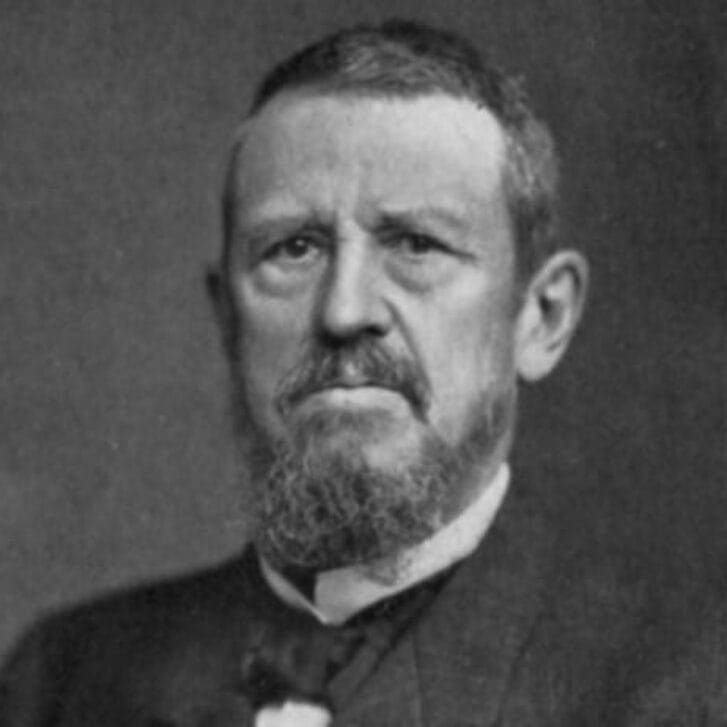Some successful people pull themselves up by their bootstraps. But James Chadbourn Bolles used his socks.
Bolles’ career started after he graduated from Wharton and joined the American Trust Co., before moving into manufacturing, his college major. Starting work in 1938 at Rufus D. Wilson Inc. in Burlington, NC, Bolles took the reigns of the hosiery-producing firm and expanded it by purchasing other mills, changing the company’s name to Chadbourn Gotham Inc. By 1946 he moved the company to Charlotte, NC.
Through strategic acquisitions and internal capital investments, Bolles created an impressive record of market value growth and appreciation. Even while relaxing, Bolles had clear vision for opportunity. He bought the Opel Strumpfwerke AG plant in Hamburg, Germany as he vacationed with his wife Rosemary in Portugal. Bolles declared that he was determined “to gain a foothold in the European Common Market.”
In the meantime, the company developed innovative products, partnering in 1955 with Burlington Industries to introduce stretch socks and stockings using fibers developed during wool and silk shortages of World War II. In 1962, his company introduced a revolutionary new product: “Foreva,” the runless, seamless women’s stocking. When rival Hanes Hosiery Mills Co. introduced its competitive product the very same week, its president Gordon Hanes joked, “This is the death knell of the hosiery business.”
While the promise of “runless” was oversold, women’s stockings were about to be severely challenged by changing women’s fashions. But by targeting the international market, Chadbourn continued to post sales increases despite the downturn in U.S. demand for hosiery products. When Bolles retired in 1970, he had grown the company from a small regional firm to an international and diversified textile and apparel complex with $68 million in sales. Bolles died in 1987.


























